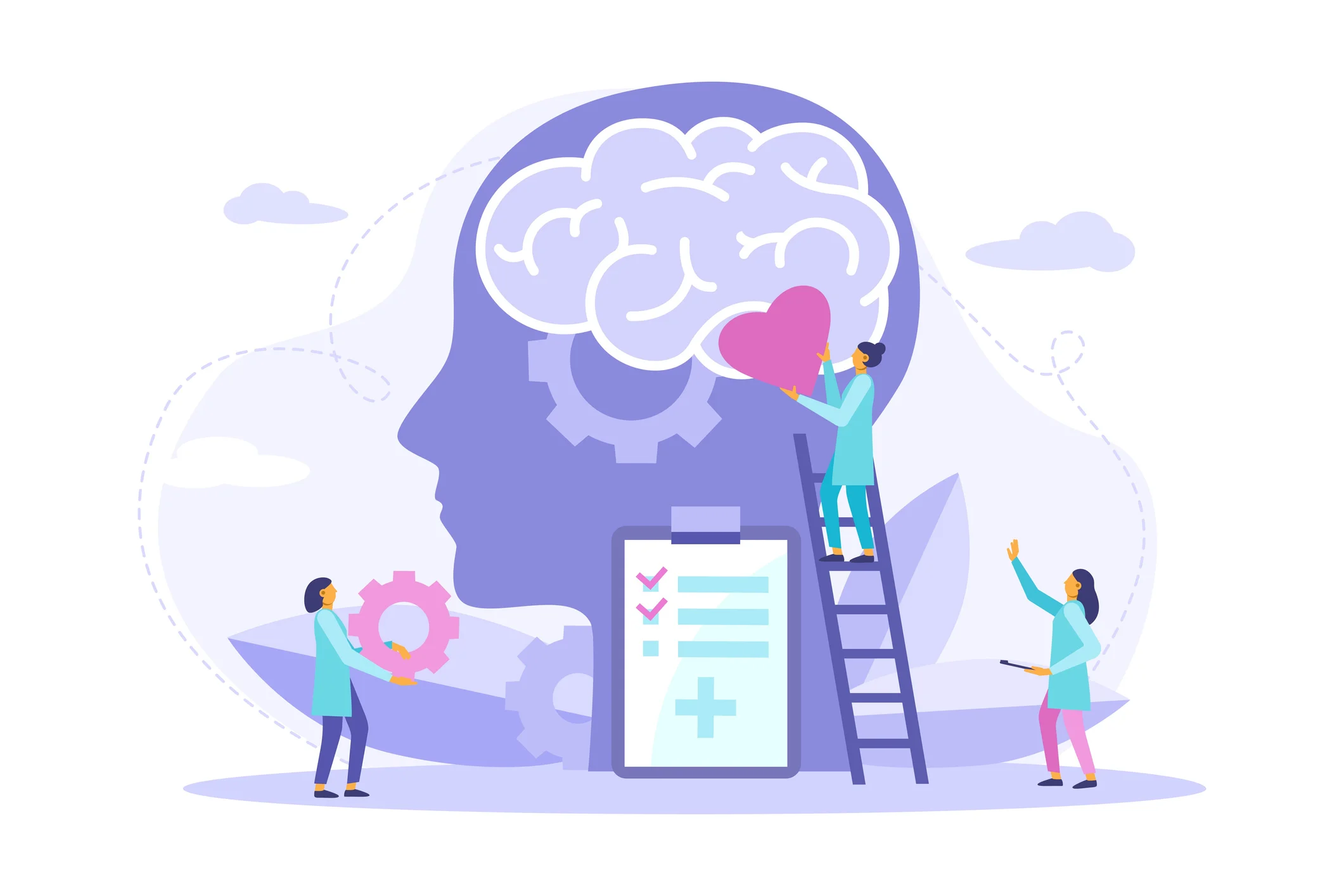Virtual reality cognitive behavioral therapy (VRCBT) is emerging as a promising tool for addressing various mental health issues among youth, including anxiety, depression, and post-traumatic stress disorder (PTSD). Studies indicate that VRCBT can significantly improve symptoms in adolescents, making it a valuable addition to traditional therapeutic approaches.
Research has demonstrated that virtual reality exposure therapy (VRET) can reduce anxiety disorders in young people. For example, a clinical trial found that participants using VRET experienced a 60% decrease in anxiety symptoms after just eight sessions. VRET immerses individuals in safe, controlled environments where they can confront fears and practice coping strategies without real-world risks.
Another study highlighted the effectiveness of augmented reality combined with cognitive behavioral therapy (AR-CBT) for children suffering from phobias. In this trial, 70% of participants showed substantial improvement in managing their phobias after undergoing AR-CBT, which utilizes interactive elements to enhance engagement and learning.
Mixed reality therapies (MR-CBT) are also being explored, offering a blend of real-world and virtual experiences. These approaches have shown potential in helping youth develop better coping skills and emotional regulation. Data from a recent pilot program indicated that students participating in MR-CBT experienced a 50% improvement in emotional resilience compared to a control group.
The integration of extended reality (XR) in therapy provides additional avenues for treatment. XR-CBT programs have been developed to enhance the therapeutic experience, making it more interactive and personalized. Feedback from participants suggests that these immersive experiences not only make therapy more enjoyable but also improve retention of coping strategies learned during sessions.
As mental health issues among youth continue to rise, innovative solutions like VRCBT, VRET, AR-CBT, and MR-CBT are becoming increasingly relevant. These therapies not only offer effective treatment options but also engage younger populations who may be resistant to traditional therapy methods. As more research is conducted, mental health professionals may find that virtual and augmented reality can be vital components in comprehensive mental health care for youth.



